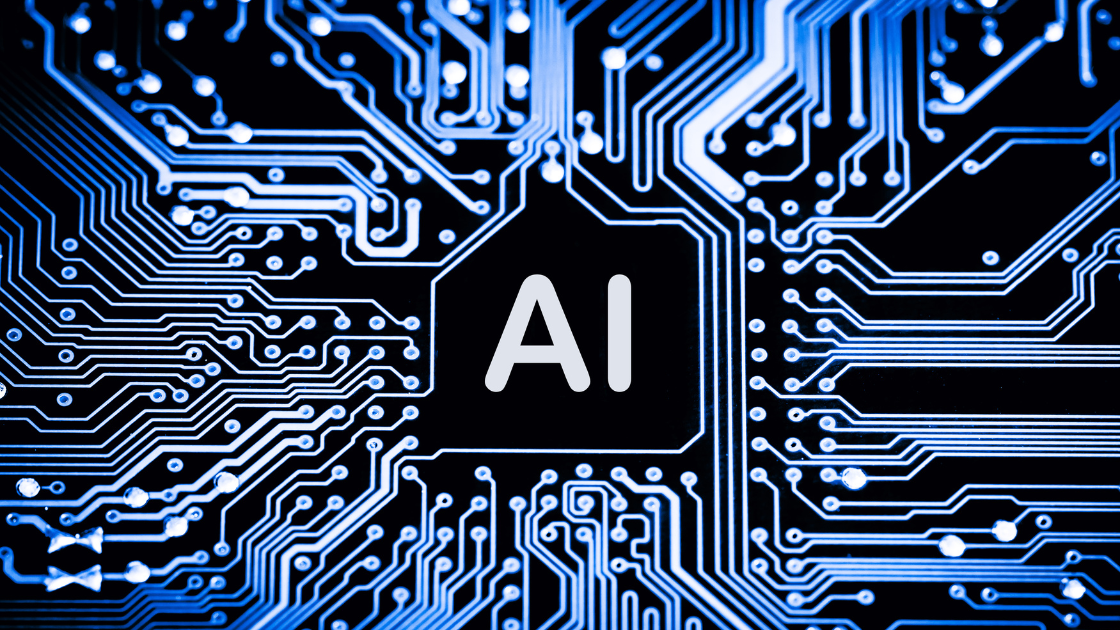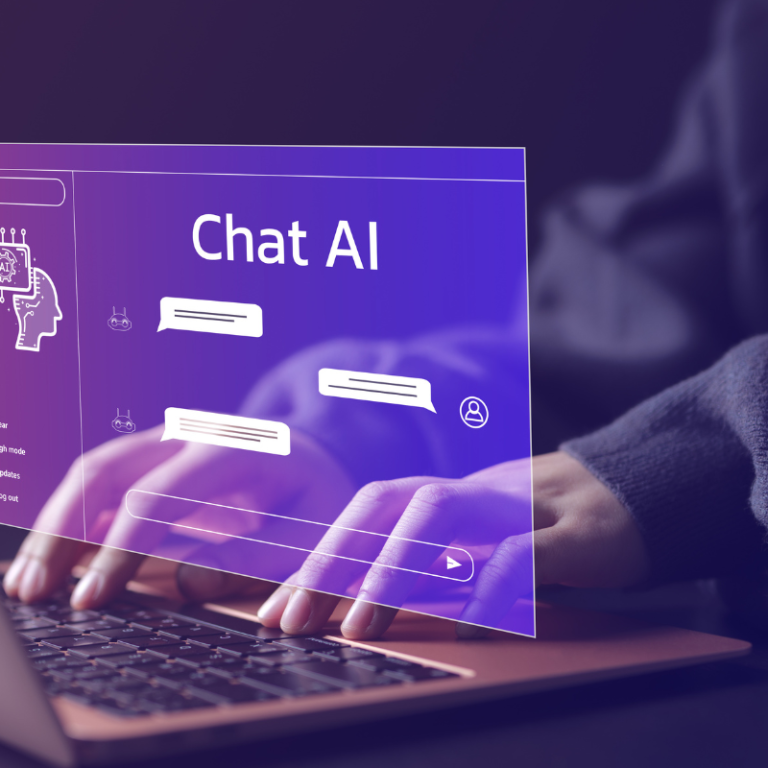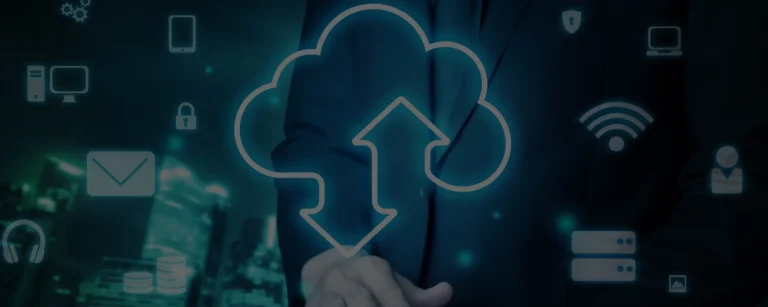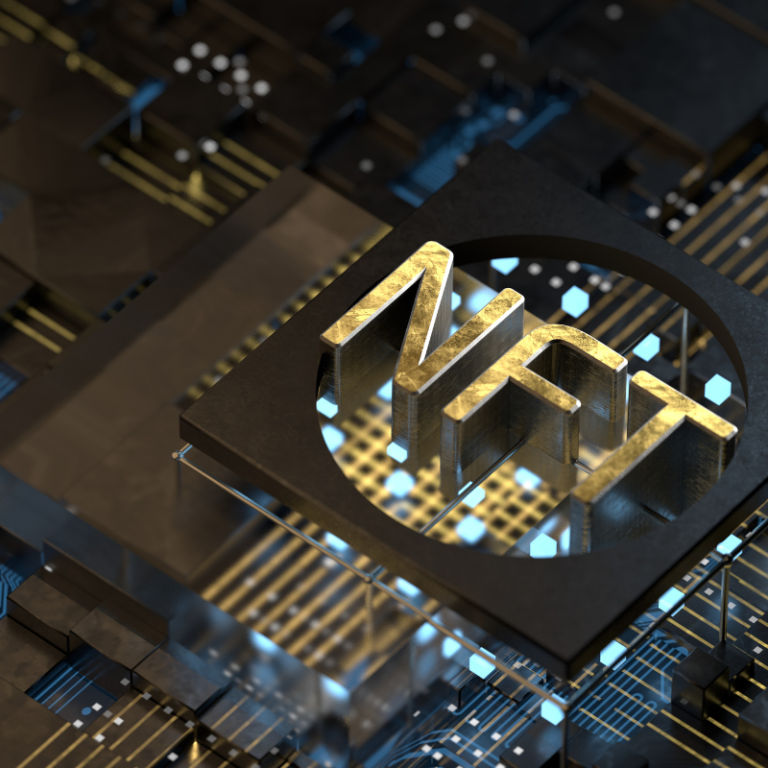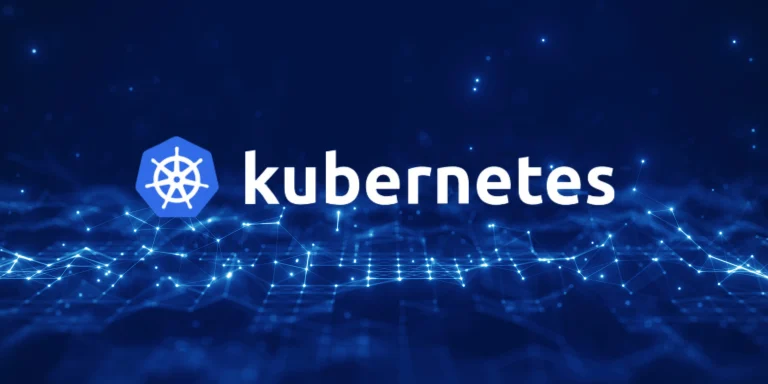Intelligence is the capacity to learn, reason, and gain knowledge and skills to solve problems. It’s the trait humans have leveraged most, enabling us to dominate nature and shape our future. With AI impact on our future, this power is evolving, pushing humanity to new frontiers.
But the journey there wasn’t straightforward. Like for most animals intelligence costs too much energy to be worth it. Still, if we track intelligence in the tree of species over time. We can see lots of diverse forms of intelligence emerge.
Today, we live in a world where AI’s impact on our future can be clearly seen. It is made to suit our needs, created by us, for us. This is incredibly new. We forget how hard it was to get here. How enormous the steps on the intelligence ladder were and how long it took to climb them. And once we did, we became the most powerful animal in the world in a heartbeat.
But we maybe in a process of changing this. In this blog, we will discuss the rise and future of what might be humanity’s final invention- Artificial Intelligence.
Defining Evolution of Intellect
It was seven million years ago that hominins, heading for complex intelligence, started their journey. While other relatives had a much broader range of thoughts enabling them to solve diverse problems and adapt to various environments, these acquisitions made a critical turn in evolution culminating, about two million years ago, in the emergence of Homo erectus. With improved cognitive abilities, they mastered fire, created extra forms of tools, and laid the foundations for early cultures.
Then, with further evolution, Homo sapiens developed even more advanced brains. This leap in intelligence made AI Impact on Our Future enabled them to cooperate in larger groups, communicate complex ideas, build societies, and harness the power of cumulative knowledge—the realization by each generation building on top of the previous generation’s realization. Soon, progress accelerated at an increasing rate, particularly in those transformative pivotal moments like the agricultural and scientific revolutions, events that changed human life.
In this, we stand at the threshold of yet another sea of change today with the rise of Artificial Intelligence. At the same time, like all preceding technologies, this one holds within itself the power of redefining our future in ways only now being imagined. The journey of human intelligence goes on unabated, ever pushing the boundaries of what we are capable of achieving.
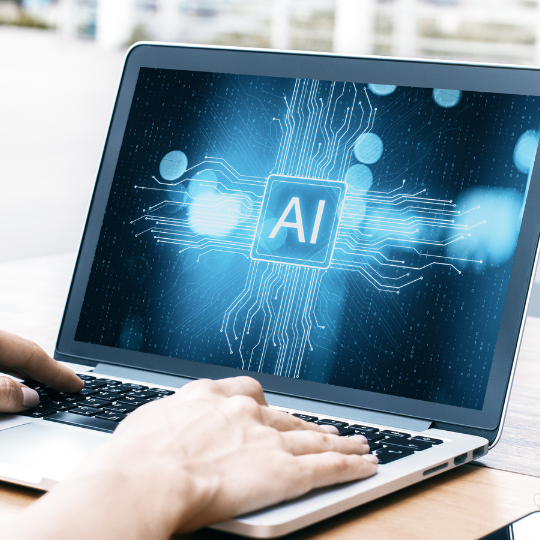
Analyzing the World of Artificial Intelligence
Artificial Intelligence, or AI, is software that performs mental tasks with a computer. Code that uises silicon, instead of neurons, to solve problems.
At start, AI was very simple. Lines of code on paper, mere proofs of concept to demonstrate how machines could perform mental tasks. Only in the 1960s did we start seeing the first examples of what we would recognize as AI. A chatbot named ‘ELIZA’ in 1964, a program to sort through molecules in 1965. Slow, specialized systems requiring experts to use them.
Their intelligence was extremely narrow, built for a single task. And that too in a controlled environment. Progress in AI research paused several times when researchers lost hope in the technology. But just like changing environments create new niches for life, the world around AI changed and AI impact on our future is likely to be fruitful.
AI’s Accelerated Evolution
Between 1950 and 2000 computers got a billion times faster. While programming became easier and widespread. In1972, AI could navigate a room, in 1989, it could read handwritten numbers. Still a fancy tool, no match for humans!
Until 1997, an AI shocked the world by beating the world champion in Chess. But we calmed ourselves because a chess bot is quite stupid. As it’s only specialized in doing one narrow task. But in this narrow task it is so good, that no human will ever again beat AI at chess.
As computers continue to improve, AI became a powerful tool for complex tasks. In 2004, it drove a robot on Mars. in 2011 it began recommending YouTube videos to us. And all of this was possible because humans broke down problems into easy-to-digest chunks. Making it easy for computers to solve them quickly.
Until, we taught AIs to teach themselves.
Self Learning Machines
AI experts began drastically improving forms of AI software called neural networks. Gigantic huge networks of artificial neurons that start out being bad at their tasks. They then used machine learning, which is an umbrella term for many different training techniques and environments. Allowing algorithms to write their own code and improve themselves.
The scary part is that we don’t exactly know how they do it and what happens inside them. Just that it works and that’s it, a new AI comes out on the other end.
A capable black box of code. These new AIs could master complex skills extremely faster, with very less human help. They were still narrow intelligences, but a big step up.
EXAMPLES: In 2014, Facebook (now Meta) AI could identify faces with 97% accuracy. And in 2018, a self-learning AI learned chess in four hours just by playing it against itself – and then defeated the best specialized chess bot.
Since then, machine learning has been applied to reading, image processing, solving tests, etc. Many of these AIs are already better than humans. For whatever narrow task they were trained, but they still remained a simple tool. AI still didn’t seem that big of a deal for most people.
Chat GPT and It’s Global Impact
ChatGPT simply revolutionized the way humans use AI. In comparison with previous tools, ChatGPT could naturally converse and understand the context to prepare relevant content on diverse topics. The way it used to provide human-like dialogues made this tool very useful in many different fields.
In the domain of education, ChatGPT was easy to use for such tasks as instant information, help with assignments, and even personalized tutoring.
In healthcare, it started to be used for preliminary diagnoses and mental health support, easing a little of the workload on professionals.
Enterprises began integrating it into customer service, creating content, and analyzing finance—making processes faster and more efficient.
ChatGPT became a broad, applied technology across sectors—what has really driven home the growing centrality of AI in our lives. It demonstrated that AI can go beyond narrow applications to impact almost all areas of our lives and build a future where technology will increasingly play a central role in every human activity.
Future Outlook
AI Impact on Our Future is uncertain. The speed of its development testifies that it will soon be ingrained in our lives, whereas some industries—like medicine, financial services, and education—will undergo a sea change. A major milestone coming down the pipeline is that of General AI: an intelligence capable of performing any sort of intellectual task humans can.
In comparison with narrow AI today, General AI would have human-like flexibility and adaptability, so it could potentially revolutionize the power of problem-solving and creativity.
However, the way to General AI is riddled with a host of technical and ethical challenges. Whereas it gives immense potential gain, there are also critical questions it raises about control, safety, and societal impact. This means that as we go deeper into this kind of future, it will be very important to ensure that the development of AI benefits humankind at large.

